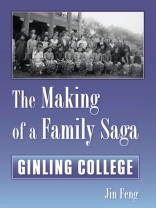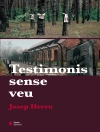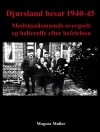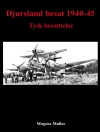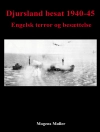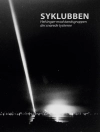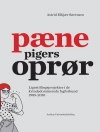Looks at China’s Ginling College, the women’s missionary institution of higher learning that developed a discourse of family, recasting the Chinese Confucian family ideal as a female and Christian one.
The institutional history of Ginling College is arguably a family history. Ginling, a Christian, women’s college in Nanjing founded by Western missionaries, saw itself as a family. The school’s leaders built on the Confucian ideal to envision a feminized, Christian family-one that would spread Christianity and uplift the family that was the Chinese nation. Exploring the various incarnations of the trope of the 'Ginling family, ’ Jin Feng takes a microscopic view by emphasizing personal, subjective perspectives from the written and oral records of the Chinese and American women who created and sustained the school. Even when using more seemingly ordinary official documents, Feng seeks to shed light on the motives and dynamic interactions that created them and the impact they had on individual lives. Using this perspective, Feng questions the standard characterization of missionary higher education as simply Western cultural imperialism to show a process of influence and cultural exchange.
Spis treści
List of Abbreviations
Acknowledgments
Introduction: Telling Stories of Ginling
Ginling College
The Family Discourse
Sources and Scholarship
Organization of Chapters
1. The House of a Hundred Rooms (1915–23)
Setting and Dramatis Personae
The House of a Hundred Rooms
We Had a Dream
Creation of the Family Discourse
Implementation of the Family Discourse: Initial Negotiations
Student Compositions: The Kingdom of God in China
2. Building These Hallowed Halls (1923–27)
The New Ginling Home
Training Her Body for God or for China: PE at Ginling (I)
Femininity, Christianity, and Nationalism: PE at Ginling (II)
Awakening to Rising Confl icts
3. The Return of the Native Daughter (1927–37)
The Tempest of 1927
Mother and Daughter
Cooperation, Equality, and Power: Ginling’s Battle for Independence in the 1920s
Dissent, Squabble, and Unrest: 'Family’ Life in the 1920s to 1930s
4. Dispersion and Reunion (1937–45)
The Nanjing Massacre: 1937–38
Sharing the Fate of the National Family (I): Adventures of the Ginling Family in Exile
Sharing the Fate of the National Family (II): Curricular Adjustments
Head of the Family in the War
Heaven or Hell? The Two Sides of the War Story
5. Things Came Undone (1945–52)
Homecoming
Disintegration and Countermeasures at Postwar Ginling
Regime Change and the End
Epilogue: Resurrection and Reunion
Family Correspondence
Ginling Reborn
The Discourse of the Ginling Family: Final Accounting
Appendix A: Biographical Dictionary
Appendix B: Glossary of Chinese Characters
Appendix C: Catalogue of Names and Times of Interviews by the Author
Notes
Bibliography
Index
O autorze
Jin Feng is Associate Professor of Chinese and Japanese at Grinnell College and the author of The New Woman in Early Twentieth-Century Chinese Fiction.
